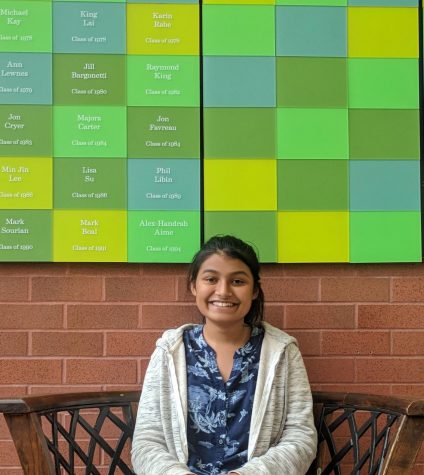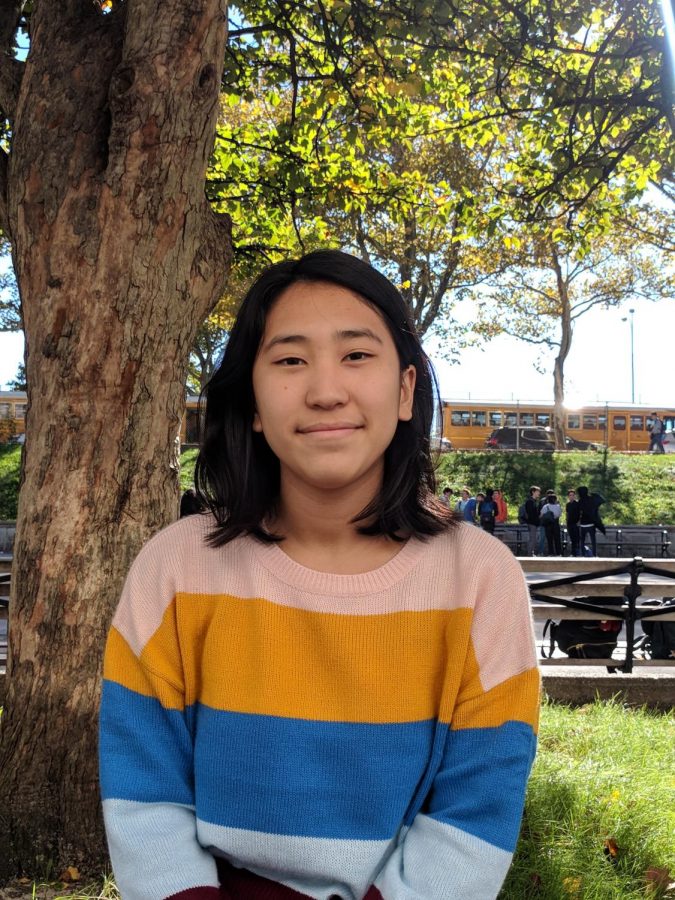Bangladesh Students Oppressed After Protesting For Safer Roads
Students in Bangladesh protest for road safety after a major car accident that resulted in fatalities.
Jiwon Yi ’20 agrees with fighting corrupt government policies in Bangladesh.
On July 29, 2018, multiple university students in Bangladesh were waiting at their bus stop. It was during the wait, that a bus ran over these innocent students. For these students, what would have been a regular day turned into a tragic nightmare after many lives were lost by the recklessness of the driver.
This type of accident is very common in Bangladesh, especially in a metropolitan city such as Dhaka. Private transportation companies are very corrupt, often hiring unskilled workers who do not carry a driver license or are not of the age to drive. After this accident, students in Bangladesh decided to take action against such reoccurring issue and demand social reform.
Students poured into the streets of Dhaka to demand stricter safety laws and regulations within private transportation companies. They stopped cars that passed by checkpoints and asked drivers if they were able to produce a driver’s license. Their unprecedented actions angered many commuters, resulting in violent fights. Police became involved as tensions between protesters increased. Although some students may have responded violently, many others responded peacefully, where instead of stopping unlicensed drivers, they handed the situations over to the police. “We won’t leave the roads until our demands are met. We want safe roads and safe drivers,” said a student protester in Bangladesh named Al Miran.
Aside from protests demanding road safety, pro-government protests broke out as well, where students who supported the government acted against the students protesting for safer roads. Series of violent acts drove the police department to suppress these aggressive breakouts. More than twenty students were injured in the process. Nearing the general election, students’ attempts to correct the government’s enforcement weakened politicians’ popularity. The Awami League, which stands today as the party in favor of the Prime Minister, attempted to shut students down so that citizens would maintain their loyalty and trust. In order to maintain stability in this year’s election, the government handled the situation violently to contain the spread of this social reform movement.
“The government in Bangladesh really needs to step up their action if they want the best for the country and its people,” said Sangita Chakraborty ’20.
To almost all people knowledgeable on this issue, the government’s motives were not perceived as virtuous; instead, the government’s decision was condemned as unjust. Many in the Bronx Science community also support this viewpoint. “The government in Bangladesh has the responsibility of taking care of its citizens, especially if it concerns public works. It was not fair at all to stop this protest; this indicates that the government in Bangladesh is not capable of taking care of even the smallest matters,” Jiwon Yi ’20 said.
“Students are the brain and the foundation of a country who help it thrive. With these dangerous roads, Bangladesh is vulnerable of losing more students and lives who play important roles in this society. The government really needs to step up their action if they want the best for the country and its people,” said Sangita Chakraborty ’20.
Both students highlight that the government’s decision to resolve this matter was unscrupulous. Its decisions not only affected students of Bangladesh, but also students all over the world. At a time of distress, students have been a driving force to change the status quo.

Sangita Chakraborty ’20 believes students are reforming the country by actively participating in this protest.
Afifa Areya is the Chief Graphic Designer and a Staff Reporter of ‘The Science Survey.’ She finds that journalistic writing gives her the ability...











